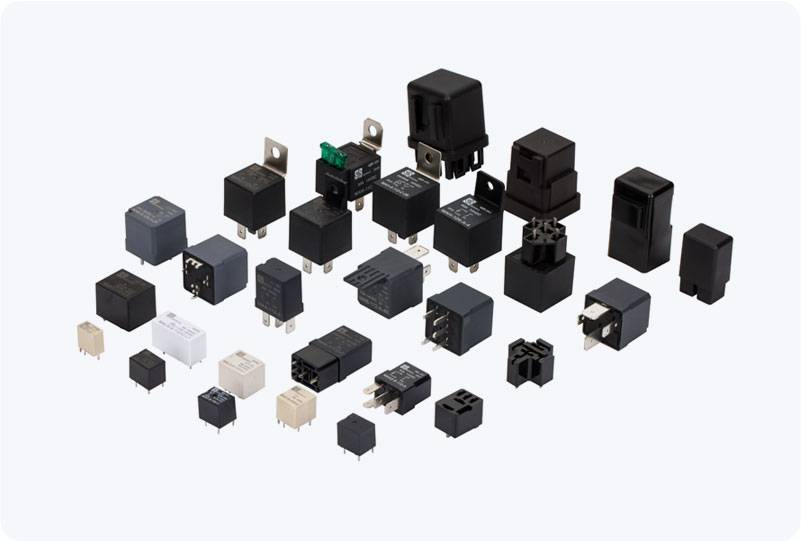The global shift towards electric vehicles (EVs) has brought about significant advancements in the automotive and energy sectors. A critical component in this transition is the electric vehicle charging infrastructure, which relies heavily on the reliability and performance of electrical systems. One of the unsung heroes of these systems is the relay, particularly the IEC 61811 EV Relay. This relay plays a crucial role in ensuring the safety, efficiency, and longevity of the charging processes. This article delves into the importance of IEC 61811 EV relays, their function, and their contribution to the electric vehicle charging ecosystem.

What is IEC 61811? IEC 61811 is an international standard published by the International Electrotechnical Commission (IEC) that focuses on the design, performance, and safety of electromechanical and solid-state relays. This standard is particularly important for ensuring that relays function optimally under various conditions, offering reliability in electrical systems, including those used in industrial automation, telecommunications, and electric vehicle charging. IEC 61811 defines the key characteristics of relays, including their contact material, electrical rating, mechanical endurance, and environmental conditions in which they can operate. It sets out testing methods to ensure that relays can withstand the stresses of high power switching, electromagnetic interference, and thermal cycling.
Leave a Reply